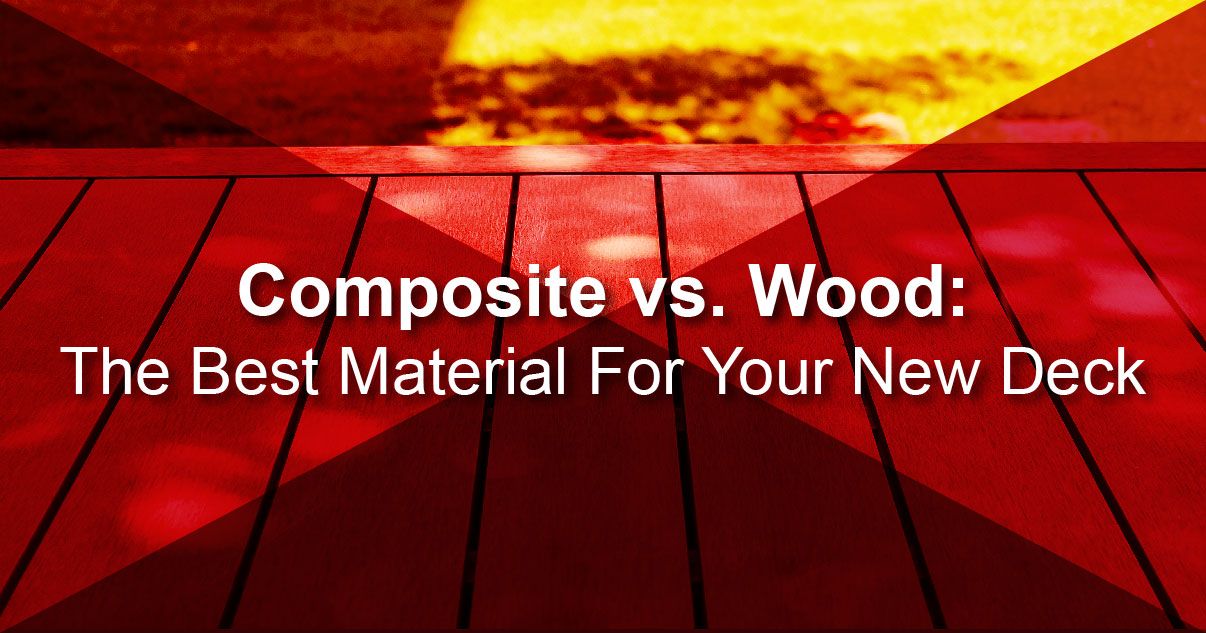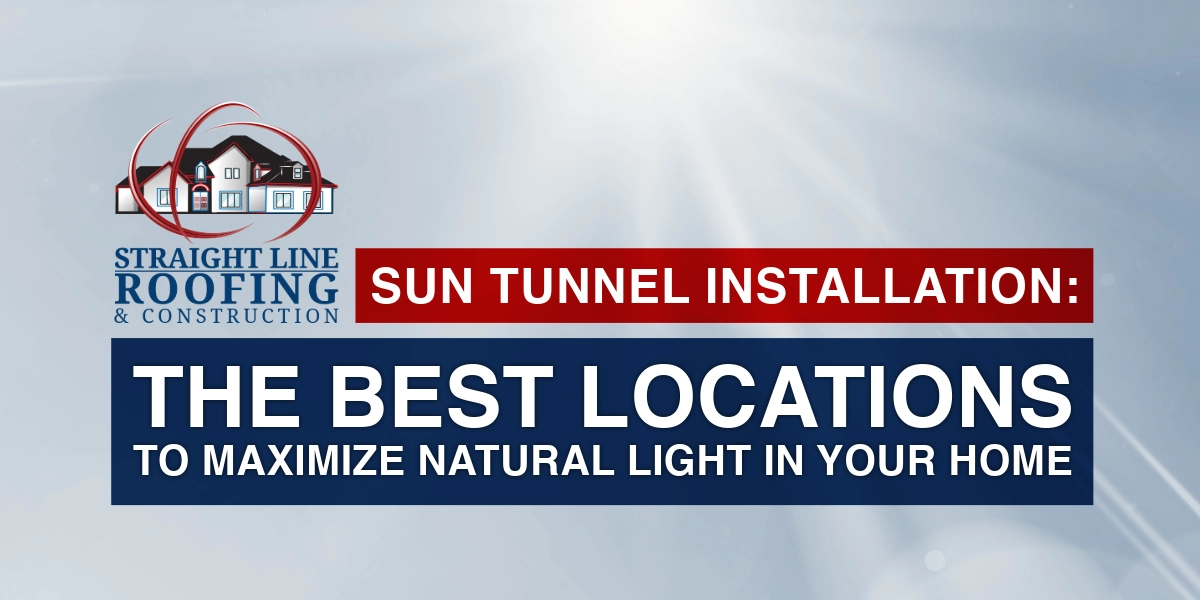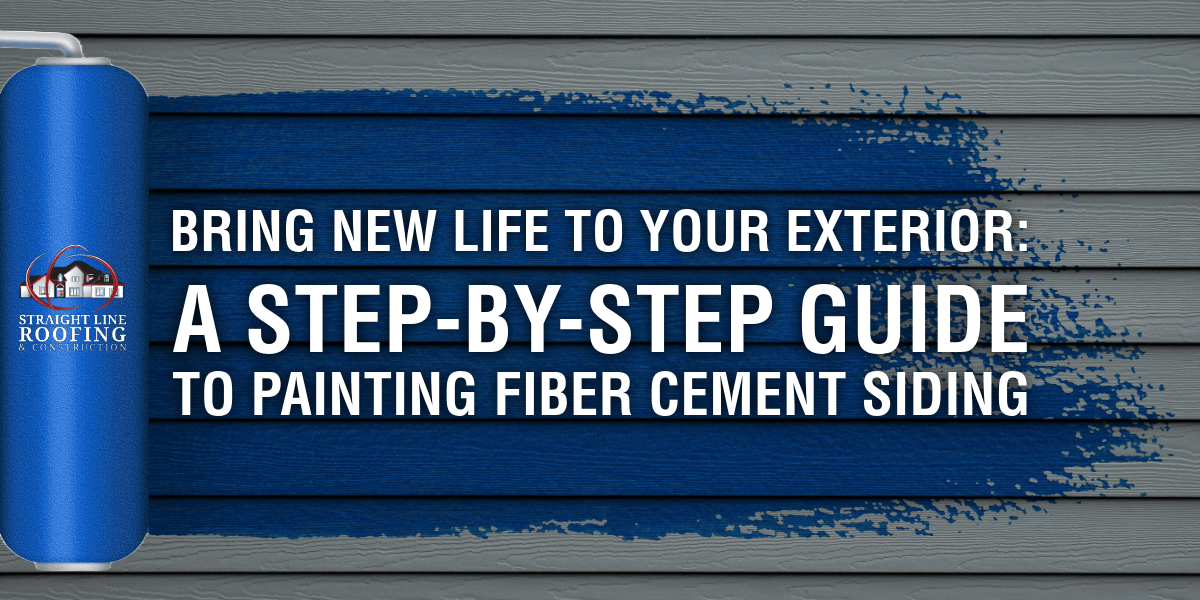Decking material options have dramatically increased over the last couple of years, with wood and composite decks taking the lead in terms of affordability, aesthetics, and maintenance needs. Whether you’re still sketching a blueprint or breaking ground for your new home, it pays to understand the different decking options on offer and choose the right option for your home. Here is a breakdown of four common decking materials in California so you can choose the best one for your home.
PVC Decks
PVC decking is a common decking solution in many Californian homes. It’s a special type of elevated floor made of polyvinyl chloride (PVC) and attached to the main house. A well-constructed PVC deck makes an attractive addition to any home, creating an ideal play and recreational area for your family and guests.
The longevity and flexibility of PVC makes it ideal for decks. It’s extremely easy to maintain and highly resistant to temperature changes (it doesn’t retain heat). Moreover, a PVC deck is highly durable, partly because of its weather-resistant properties. Unlike wood, it doesn’t budge to rot or bugs, giving you a long-lasting, beautiful deck.
Pros of PVC Decking
- Long-lasting
- Low maintenance
- Flexibility in design options
- Ease of installation
- Recyclable, making it eco-friendly
Cons of PVC Decking
- Susceptible to UV damage and fading
- Affected by heat as it expands and contracts a lot
- Difficult to repair
Fully Wrapped Composite Decks
Composite decks come in two options: fully wrapped composite (which is wrapped in PVC) and unwrapped composites. Fully wrapped composite decks are made of recycled wood scraps and PVC, making them pretty eco-friendly. They come in a wide variety of earth-tones and colors to match different outdoor decors. Many manufacturers often add fake wood grains to make them look more natural.
Overall, fully wrapped composite decks are long-lasting, moderately easy to maintain, and cost-effective. It isn’t affected by heat, so you won’t need to worry about cracks due to expansion and contraction. This is because of the PVC wrapping.
Pros of Fully Wrapped Composite Decking
- Medium maintenance needs
- Uses recycled materials
- Durable
- Resistant to heat
Cons of Fully Wrapped Composite Decks
- Can get hot and slippery
Composite Decks
You can also get composite decks without PVC wrapping. They equally offer medium maintenance and come in a variety of colors to match your exterior décor. Some manufacturers use recycled materials, making this composite decking material friendly to the environment. But since this decking material lacks PVC coating, it faces the same challenges of wood.
Although this decking material is relatively affordable, it won’t last as long as a fully wrapped composited deck. Storms can scratch its surfaces and, unlike wood which you can sand and refinish, these decks cannot be refinished. The decks also fade over time and washing your deck with harsh detergents can leave them chalky and porous.
Pros of Composite Decks (unwrapped)
- Medium maintenance needs
- Recyclable
- Affordable
Cons of Composite Decks (unwrapped)
- Fading
- Impossible to refinish or restain
- Can be slippery
- Tends to sag and bend more than wood
Wood Decks
Wood is the traditional material used for decking. It’s a popular choice for many residential homeowners due to its natural look and curb appeal. Wood decks offer the best aesthetics, but you must put in lots of long-term maintenance and costs to enjoy longevity with these decks. They are cheaper to install, but since wood is susceptible to rot and water damage, it requires top-notch preventive maintenance to keep it beautiful for longer. But more often, the look and feel of natural wood is worth the effort that goes into periodic painting, staining, and replacing worn-out parts.
Pros of Wood Decks
- It’s the real deal— has natural warmth and aesthetics
- Smells good
- Appears natural
- Some types of wood such as softwoods can be very inexpensive
Cons of Wood Decks
- Hardwoods such as IPE can be expensive
- Requires high maintenance to prevent splits, cracks, and rot
So, what decking material is the best? With equal levels of maintenance, wrapped composite decks obviously last longest. But extremely well-maintained wood decks can equally last for several years to come. So, whether it’s composite or wood decking, it’s important to understand their unique maintenance requirements to enjoy maximum benefits.
More importantly, you need to work with an https://www.straightlineconstruction.com/contact-us/experienced contractor to evaluate your home’s specific requirements and recommend the best decking option. Since 1999, Straight Line Construction has been installing high-quality roofs and decks for homeowners in Sacramento, CA. We offer a broad range of residential remodeling services such as roof replacement, siding, gutters, and window replacement. Visit our Sacramento, CA showroom to speak with one of our experienced consultants. We also have a variety of decking solutions on display.








